Surprised by the title? We understand. We’re all more used to “tea & scones” or “tea & cookies” or “tea & biscuits” than “tea & war.” But tea has a very long and interesting history, and war is part of that.
For this series, we’re focusing on Britain’s history with tea, and two wars it engaged in where tea played a role. This post is about the Revolutionary War between the British and the American colonists, and one very pivotal event.
Britain Falls in Love with Tea
It started in the 17th century when the British were introduced to tea from China. At first, tea was only for the upper classes as it was quite expensive and not widely available. But by the 18th century, all classes of British were drinking tea-- and they were drinking a LOT of it.
Of course, they had to import all their tea from China, as well as many other goods like silk, porcelain and more. The Chinese had a monopoly on these goods and charged accordingly. It wasn’t long before Britain was in deep financial trouble, with their love of tea a large contributing factor to that situation.

What to do? If the Chinese had a monopoly on these goods and could charge what they would, how could Britain generate more revenue? They turned their eyes across the pond to the American colonies, believing protections they had provided in the past, including what it had cost the British to defend the colonies during the French and Indian War, earned them the right to tax the colonists… and generate revenue for Britain.
It started with the Stamp Act of 1765 on virtually anything made of paper that they used, from newspapers to legal documents to playing cards. The Stamp Act was followed by the Townshend Acts of 1767 which included items essential to everyday living: including tea. Tensions mounted between the colonists and the British soldiers in the colonies, until those tensions resulted in the Boston Massacre of 1770 where British soldiers killed five colonists. Things would only get worse from there.
The Tea Act
Eventually, Britain repealed the majority of the taxes-- with the exception of tea. The colonists were fond of tea as well, and were importing 1.2 million pounds of it every year. In protest, the colonists boycotted tea imported by the British East India Company and began smuggling in Dutch tea, which had a crippling effect on the East India Company’s profits.
In an effort to get the colonists back on board, so to speak, the British Parliament passed the Tea Act in 1773, which allowed the East India Company to sell tea to the colonies duty-free and cheaper than other tea companies. However, once the tea arrived in America, it would still be taxed. This did not go over well with the colonists who, with the leadership of prominent tea smugglers John Hancock and Samuel Adams, continued to smuggle in tea rather than purchase it from the British and pay taxes. It didn’t matter that the smuggled tea actually cost them more. Sometimes you just have to stand up for what you believe in!
During this period of time when the British had begun taxing the colonies, a group of colonial revolutionists called the Sons of Liberty had been working to promote the concept of “no taxation without representation” and get Britain to back down on colonial taxation. On December 16, 1773, thousands of colonists gathered at Boston’s Griffin’s Wharf where three East India Company ships sat, fully loaded with tea. At the same time, a meeting was held where a large group of colonists voted to refuse to pay tax on the tea. They also voted not to allow the tea to be unloaded, or stored, sold or used.
That night, colonists (many believed to be the Sons of Liberty) returned disguised in Native American clothing, boarded the ships, and the rest is literally history. Nearly 350 chests of tea were tossed into the water, or around 45 tons. In today’s dollars, that’s roughly $1,000,000 worth of tea. Those were some pretty angry colonists. Also, we don’t even want to think about 45 tons of Hot Cinnamon Spice floating in the Massachusetts Bay!
(As Thomas Jefferson said in Hamilton’s “Cabinet Battle #1”-- “Look, when Britain taxed our tea, we got frisky. Imagine what gon' happen when you try to tax our whisky.”)

Tea & War
What followed, of course, wasn’t good. The British Parliament passed the Coercive Acts, also known as the Intolerable Acts, which shut down Boston Harbor until the tea was paid for and sought to further impede and dictate colonists’ freedoms and independence. The December 16, 1773 Boston Tea Party did inspire other tea-dumping events, but in the end, the momentum begun by the Boston Tea Party and the subsequent Coercive Acts led to a full-blown colonial revolt. In 1774 the first Continental Congress was formed, and declarations were written seeking independence from Britain’s rule. Britain refused, and the eight-year Revolutionary War began in 1775.
As we all here in the U.S. know, the colonists prevailed and won their independence. We know this because none of us speak with a British accent. Meanwhile, now with the additional cost of a war with the colonies to pay for, Britain’s financial woes were far from over. Where they turned next and how tea continued to play its part will be explored in Tea & War: Part Two. Stay tuned!



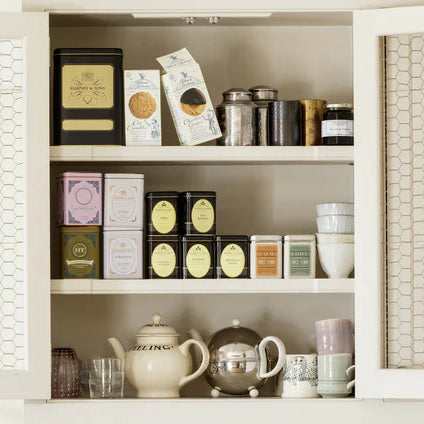
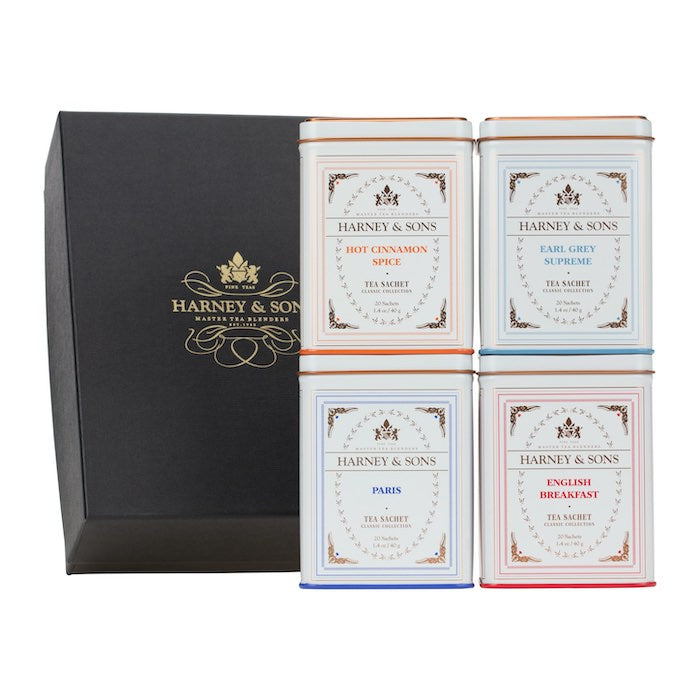
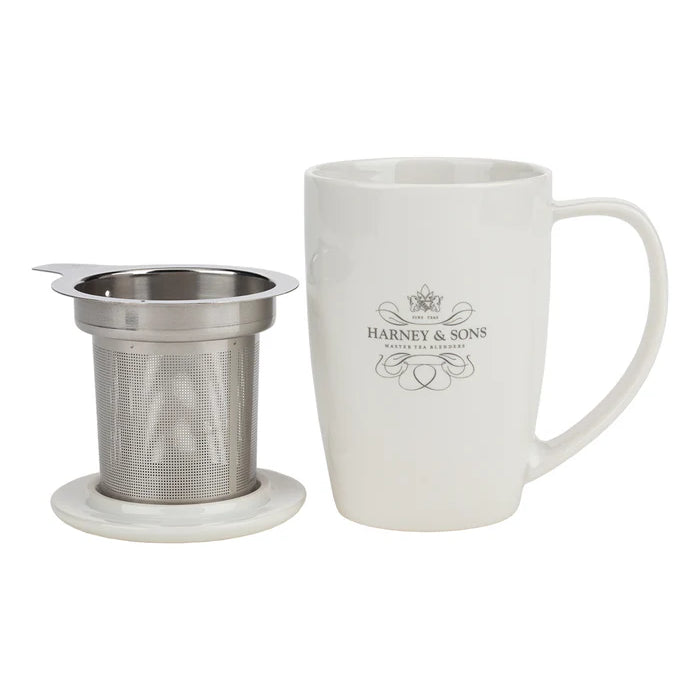
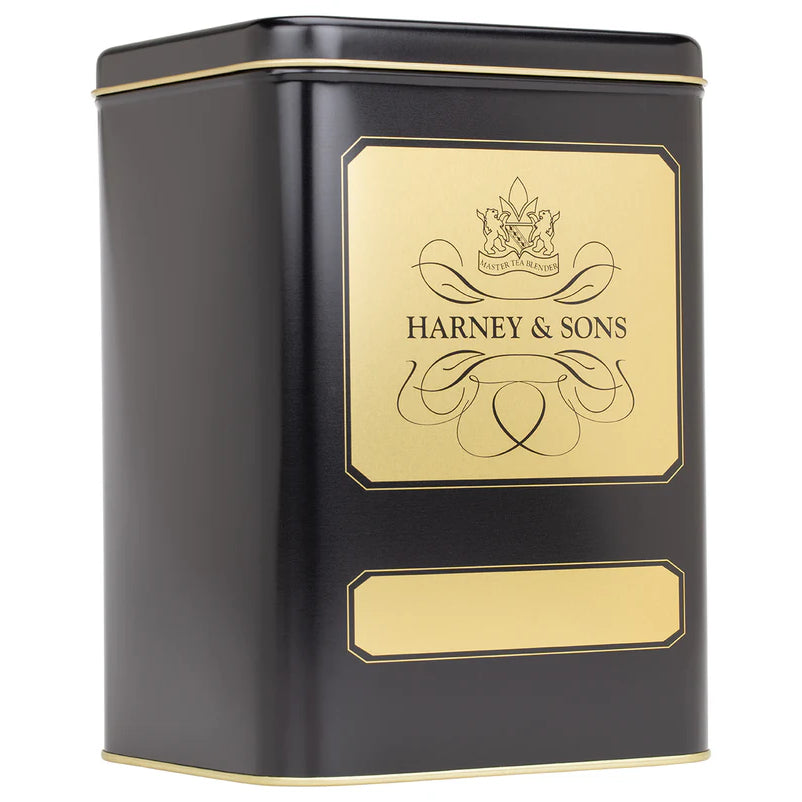
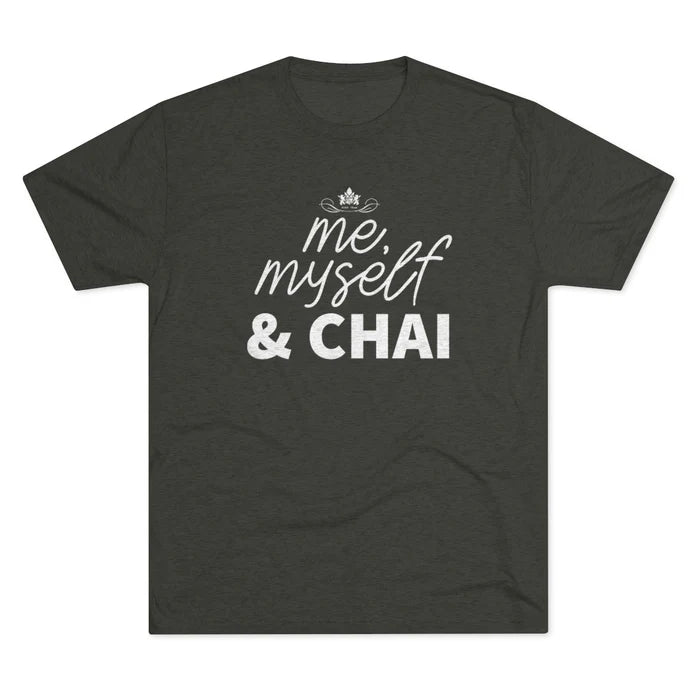
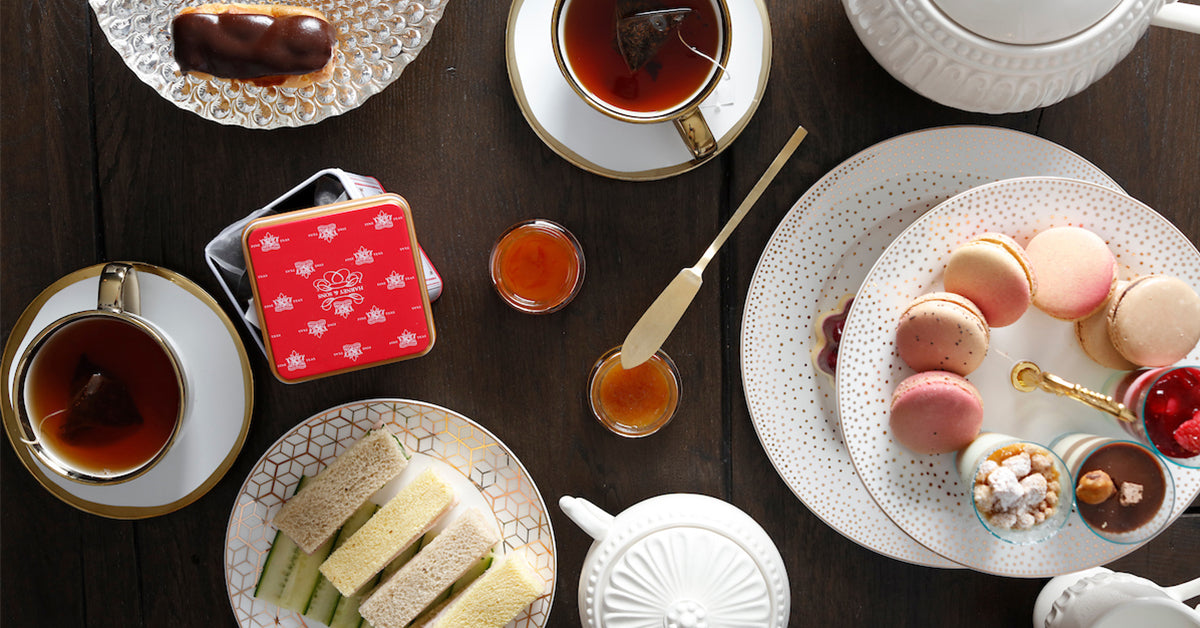

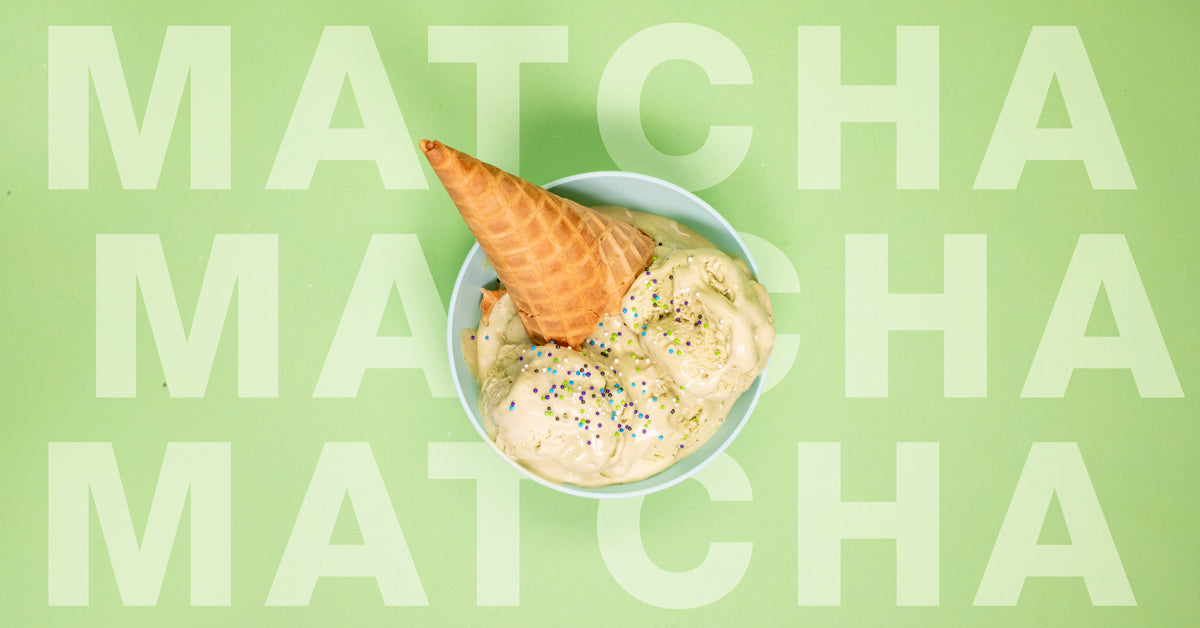
9 comments
Nancy
I love your articles about tea, and this is one of my favorites. Revolutionary War history is particularly fascinating to me. Thank you!
I love your articles about tea, and this is one of my favorites. Revolutionary War history is particularly fascinating to me. Thank you!
ANGELA
Interesting article! Thanks so much for sharing.
Interesting article! Thanks so much for sharing.
Liz C.
I cannot speak to the historical significance of its specifics, but this was a refreshing little pause in my day. Just like my Tea.
I cannot speak to the historical significance of its specifics, but this was a refreshing little pause in my day. Just like my Tea.
Jackie Blair
The statement did not say the Americans won the war Because they do not speak with an English accent. it says we Know the Americans won the war Because we do not speak speak with an English accent (now)…..implying that if we had lost, we Would be speaking with an English accent now.
The statement did not say the Americans won the war Because they do not speak with an English accent. it says we Know the Americans won the war Because we do not speak speak with an English accent (now)…..implying that if we had lost, we Would be speaking with an English accent now.
Mary Alice Orito
Enjoyed the article. Always interesting to read about the effects of how something as innocent as ‘tea’ has the capacity to impact in so many ways on ones’ life. Civil unrest always changes history. BTW about a ‘century’ passed before tea became available to the masses????….that’s a LONG time. Looking forward to the next article…thanks
Enjoyed the article. Always interesting to read about the effects of how something as innocent as ‘tea’ has the capacity to impact in so many ways on ones’ life. Civil unrest always changes history. BTW about a ‘century’ passed before tea became available to the masses????….that’s a LONG time. Looking forward to the next article…thanks
Alisha Jones
I absolutely love that Harney and Sons posts facts and stories about tea! Thank you for being a safe secure website that I can buy delicious tea from! Knowing history about tea makes me enjoy it that much more!
I absolutely love that Harney and Sons posts facts and stories about tea! Thank you for being a safe secure website that I can buy delicious tea from! Knowing history about tea makes me enjoy it that much more!
Alisha Jones
I love that Harney actually tells histories of tea. It makes me love it that much more! Thank you for this! Harney and Sons will always be my favorite place to get tea!
I love that Harney actually tells histories of tea. It makes me love it that much more! Thank you for this! Harney and Sons will always be my favorite place to get tea!
Roger C. Roberts
The statement implying the Americans won the war because they do not speak with an English accent comes across as a writer basing a story on the amount of space it consumes, not historical content.
The statement implying the Americans won the war because they do not speak with an English accent comes across as a writer basing a story on the amount of space it consumes, not historical content.
Traci C
I am doing a college History Essay on the Boston Tea Party. It is really a very interesting subject that can be looked at from different angles or perspectives. Civil disobedience played a huge factor.
I am doing a college History Essay on the Boston Tea Party. It is really a very interesting subject that can be looked at from different angles or perspectives. Civil disobedience played a huge factor.